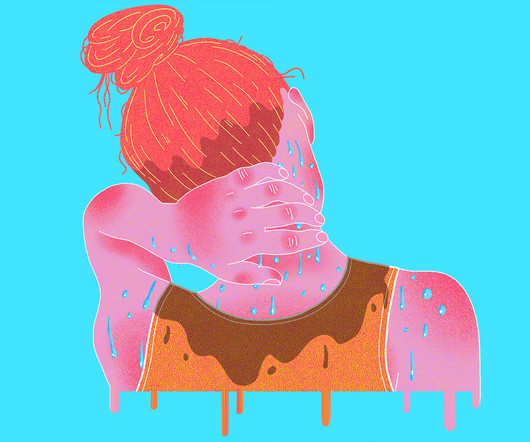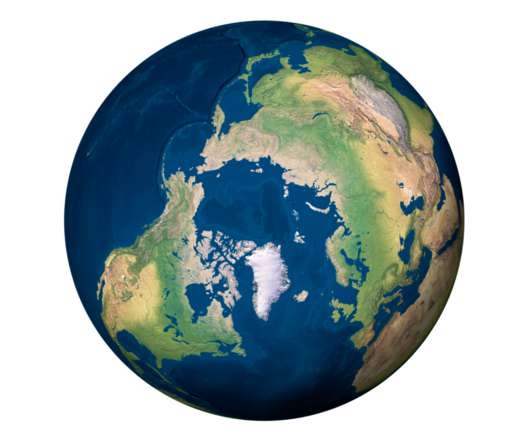Mosquitos are moving to higher elevations — and so is malaria
Grist
JULY 20, 2023
As the planet warms, mosquitoes are slowly migrating to higher places — and bringing malaria to populations not used to dealing with the potentially deadly disease. Climate change presents another emerging threat, World Health Organization officials wrote in their latest global malaria report.














Let's personalize your content